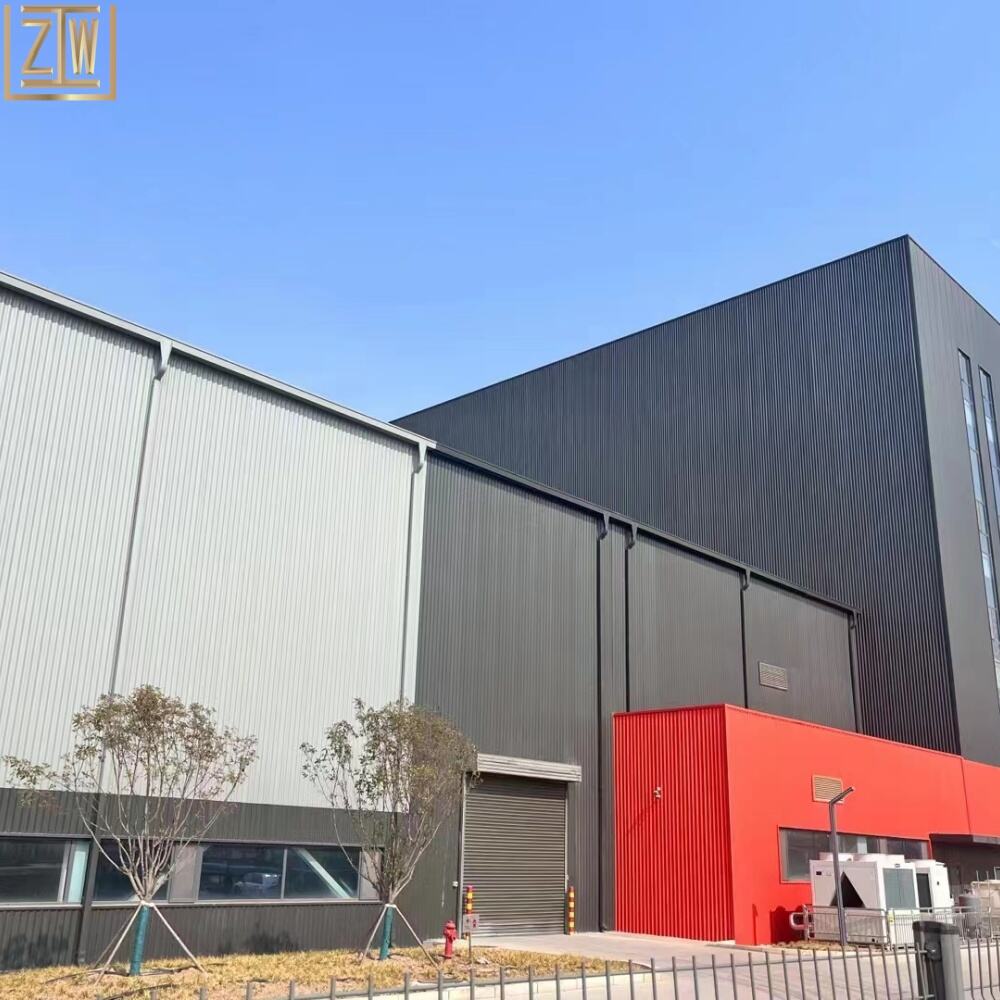Prefabricated workshops are shaking things up in many fields by providing quick, budget-friendly, and flexible work spaces. This post explores the many ways these ready-to-assemble sites are used in manufacturing, building, and farming, showing just how handy they can be.
Tailored Solutions for Manufacturing: Efficiency and Scalability
Manufacturers now turn to prefabricated workshops because each unit can be designed for a specific production line. Because the panels arrive pre-cut and pre-tested, teams put them together and take them apart fast, scaling up or down as orders change. Using factory-made parts also cuts leftover material, helping plants boost their green image while saving money.
Accelerating Construction Projects: On-Site Convenience and Reduced Disruption
The building trade has jumped on this trend, too. Job-site managers order prefabricated offices, tool sheds, and even temporary rooms for crews. Because most work happens away from the site, a workshop can rise in weeks instead of months. That speed keeps deadlines on track and cuts noise and truck trips, so neighbors all around notice less fuss while the project moves forward.
Enhancing Agricultural Operations: Adaptable Spaces for Diverse Needs
Across the farm, more and more producers are upgrading their operations with pre-built workshops. From storing big tractors and tools to housing processing lines and even coaxing seedlings in mini-greenhouses, these sheds seem to do it all. Because they come in sections that bolt together fast, farmers can move the building if fields or markets shift, guaranteeing a solid return on the investment.
Technological Advancements: Elevating Flexibility and Sustainability
Tech breakthroughs such as sensors that track temperature, rain, or equipment run time, along with panels made from recycled steel and breathable insulation, take the flexibility to a new level. Smart lights that dim automatically and solar-ready roofs trim power bills, which adds even more appeal when profit margins are tight. Industry insiders expect demand for these clever, ready-to-use kits to keep climbing as agriculture moves toward high-efficiency, low-waste systems.
The Future Outlook: Sustained Advantages and Evolving Features
Taken together, these trends paint a clear picture: choosing a prefabricated workshop is one of the fastest paths toward greener, more organized production. Whether on a family farm or a large commercial spread, the modular design speeds build time, cuts labor cost, and leaves room to add features down the road. Thanks to ongoing R&D, future versions will likely come with built-in drone docks, rainwater harvesters, and even carbon-capturing paint, yet the core advantage-an easy, rugged workspace-will remain the same.
Table of Contents
- Tailored Solutions for Manufacturing: Efficiency and Scalability
- Accelerating Construction Projects: On-Site Convenience and Reduced Disruption
- Enhancing Agricultural Operations: Adaptable Spaces for Diverse Needs
- Technological Advancements: Elevating Flexibility and Sustainability
- The Future Outlook: Sustained Advantages and Evolving Features


